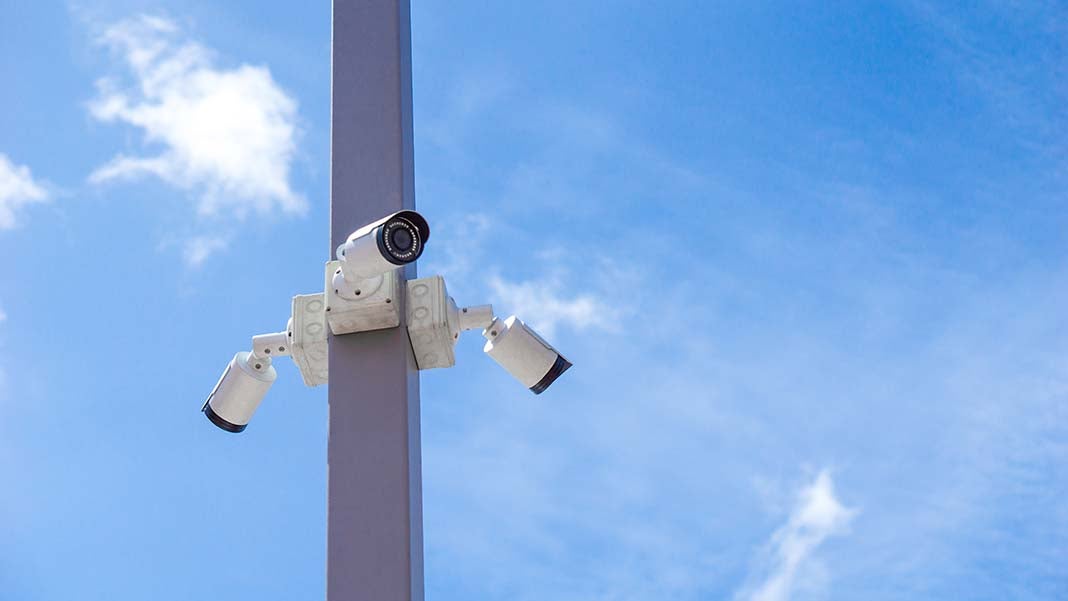Avoid These Major Security Challenges to Keep Your Store Safe
By: Dean Ryan

Security has always been a challenge for retail stores, and now more than ever. Crime rates continue to soar as the police take reduced action to solve and investigate retail crimes. Surveys have revealed an increase of six per cent in the cost of retail crimes over the last year. This should give all retail shops pause for thought.
It’s important to have has many preventative measures in place as possible. With online shopping becoming the norm, there are fewer brick-and-mortar stores around than ever before, making your shop a more likely target for robbery and theft. Small and large retailers alike are feeling the impact because they don’t feel safe in their shops.
Today, we focus on the challenges that retail businesses face. What methods of security should you consider to keep you, your employees and your bottom line safe and secure?
Building and Store Security
With the prominence of online shopping and a somewhat lousy economy, some retail stores have slowed down in business, resulting in a need to reduce or even remove staff hours. Less staff means fewer watching eyes, and more opportunities for theft of goods. If this is an issue you are facing, you need to beef up your security. Even if your business has a small budget, there are many affordable ways to decrease the chances of a break-in and shoplifting—the results of which can be devastating.
Security cameras and alarms are two of the biggest deterrence methods retail stores can employ. These record evidence and draw unwanted attention to anyone trying to take off with your products.
Unfortunately, many small retailers don’t have the budget to spring for something as fancy as CCTV cameras. If this is the case, you can get fake CCTV cameras and alarm boxes that help deter would-be criminals from choosing your store as a target—some even have built-in LED flashing lights to indicate that they’re switched on and recording.
However, if you can spring for the real deal, do it. Catching criminals on video could be the only thing that helps police catch the culprits. You may never get your property back, but at least you can help prevent these criminals from hitting more stores. Another thing to consider is getting alarms for your entrance and back door that alert you when someone has walked in or out. Even though it may seem like an annoyance, it can be helpful when you are low on staff and demonstrates to potential thieves that you are aware of their presence.
Keep Valuables and Cash Safe
In 2018, shop thefts rose by 10%, a trend set to carry on for the reliable future.
With this in mind, retailers need to be thinking about how they can secure valuables and cash. Every retail store should have a safe where money and important valuables can be stored. Whether someone tries to break in after-hours or sneaks around your employees during busy times, a safe will ensure no thief makes off with the cash. When other security measures fail, safes offer a last line of defense.
Safes come with a number of different lock options that are perfect for commercial use. You can have a keypad that can be used by multiple users so that each manager can have their own code, or you can use biometric security to ensure only a single individual has access.
Safes can also be fitted and programmed with time-lock features that only open between certain times of the day, or have keypads connected to the internet that can be remotely opened and monitored through central security hubs. There are a lot of suitable options when it comes to safes for retail stores.
The variable nature of safe products ensures your retail business can always find a solution to the unique security challenges it faces.
Data Protection and Keeping Documents Safe
Even if you don’t operate online, data protection guidelines must be strictly followed by retail businesses. A breach of information can be a legal and financial nightmare for businesses large and small, with fines being particularly hefty. You must do all you can in your power to prevent losing paperwork or having it stolen from your store.
As highlighted above, a safe can be a good storage option for important documents, as a file cabinet just won’t cut it anymore. Other methods of curbing data protection risks include:
- Regular and detailed staff training on management methods and proper use
- Destroying any information you don’t actually need to store
- Working to achieve paperless working practices wherever possible.












